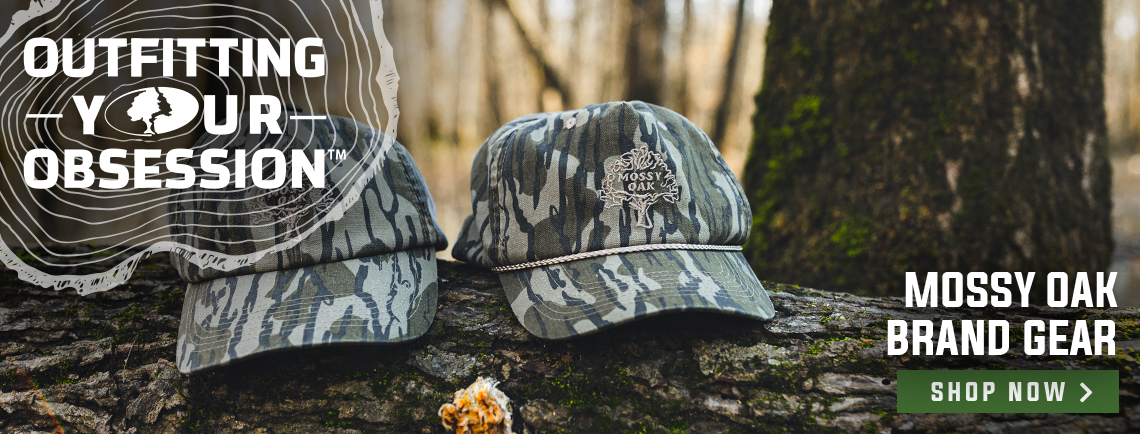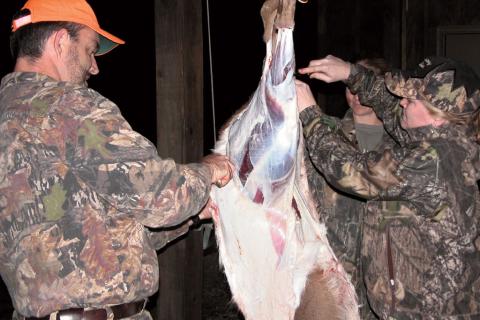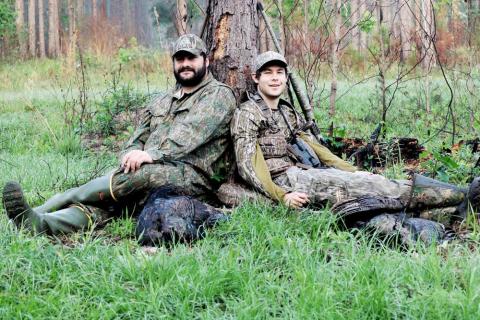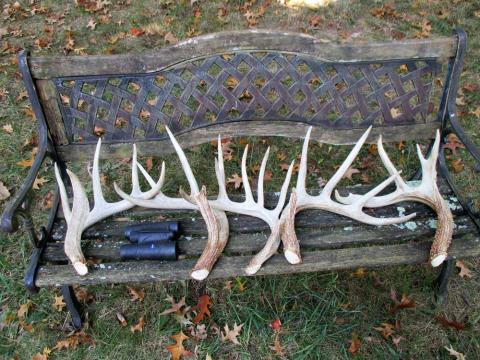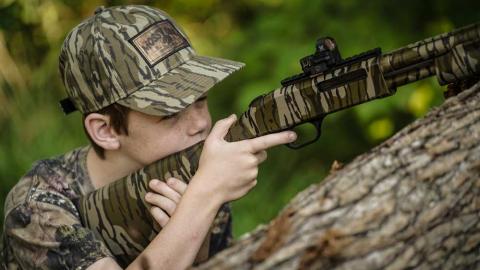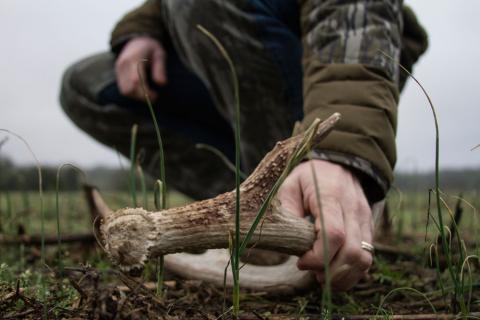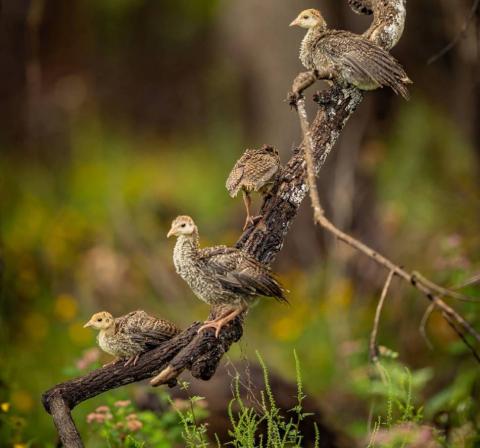By Heath Wood
There’s something timeless about deer camp. As the November chill settles over the timber and frost clings to the grass, hunters across the country gather once again in familiar places. It could be old cabins, pole barns, or pop-up campers tucked back in the woods. For generations, deer camp has been more than just a base of operations during hunting season. It’s a tradition that weaves together heritage, camaraderie, and a shared love for the outdoors.
My favorite tradition from hunting camps comes from two different times in my youth. The first was our yearly hunting trip at Peck Ranch Conservation Area in southern Missouri, which was part of a draw only hunt. For six of the eight years, my father, brother, uncles, and family friends would all be drawn for a three-day archery hunt. During these trips, we mainly enjoyed our time around the camp, enjoying good food, engaging in conversations, relaxing together, and making the annual hunt one of my most cherished events, even as I’ve grown older.
The second tradition I will never forget took place at an annual camp that friends turned into a local community hotspot during the yearly firearms season. The family started a small cook shack in the middle of nowhere, where local hunters could visit after hunting or before heading out for the afternoon. As the years progressed, the cook shack that the family lovingly named ‘Buck Snort’ attracted hundreds of hunters during the two weeks of deer season. Folks could enjoy hot chili, coffee, hot chocolate, and much more while sitting around an enclosed fire pit, where hunters would sign their names on the wooden walls surrounding the pit. After ten plus years, the wall became a tradition in itself. Some of my best memories of hunting as a kid were going with my dad to Buck Snort on the opening weekend of deer season. I can still taste that creamy hot chocolate, as if it were yesterday.
The Roots of Deer Camp
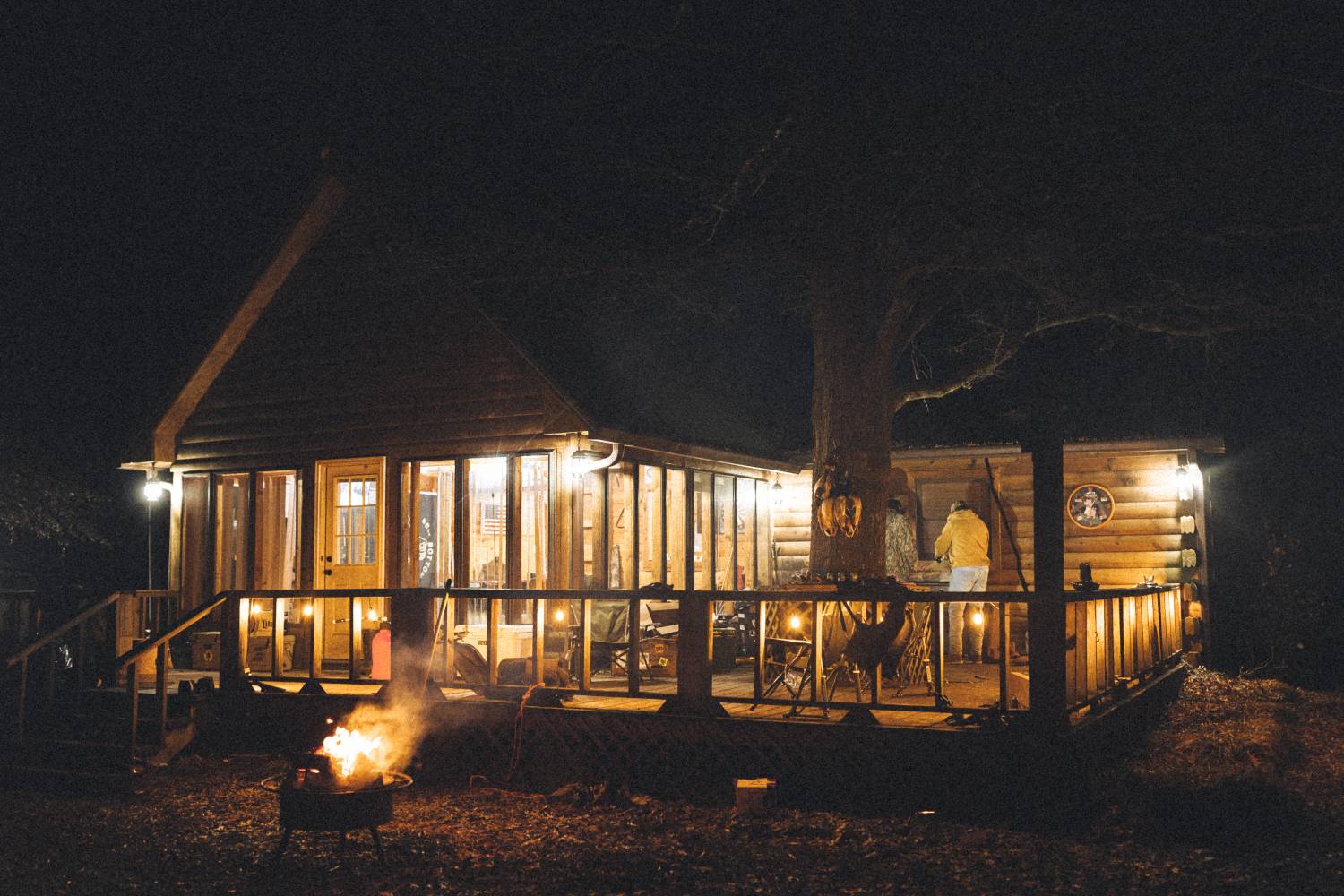
The concept of deer camp stretches back well over a century. In the early days of regulated hunting seasons, sportsmen often traveled deep into remote areas where access to deer rich country required days of travel by wagon or horseback. A family’s old log cabin or canvas tents became home for a week or more, and hunters learned to rely on one another not just for company, but for survival and success.
Those early camps weren’t about comfort; they focused on community. Hunters worked together to cut firewood, haul water, and process game. Stories were shared around the fire, and young hunters would watch the adults and learn the unwritten rules of the deer woods. For many, those first camps sowed the seeds of a lifelong passion for deer hunting.
While times have changed, the spirit of deer camp still shines bright like the campfire many hunters hope to gather around each year. Modern deer camps might now have generators, satellite TV, and heated blinds instead of old covered wagons, but the reason for gathering remains the same. Hunters still come together to share meals, scout new areas, and tell tall tales that grow taller with each season.
In some families, deer camp is passed down like an heirloom. Grandpa’s old lever-action rifle might still hang on the cabin wall, and the same deer racks that once crowned the first harvests still decorate the porch. Even as technology has changed how we hunt, from trail cameras and cellular apps to electric bikes and precision rifles, the spirit of camping remains rooted in fellowship and seasonal tradition. For me, there are certain sights and smells that instantly take me back to my early days of hunting and the traditions I’ve come to love and cherish. For example, the smell of Hunter’s Specialties Fresh Earth Scent Wafers. When I open that small tan can, the dirt smell reminds me of days in the woods and the excitement I felt as my dad and I gathered all our gear for an upcoming hunt. The same goes for wearing my Mossy Oak Original Treestand Camo. Putting on a classic pattern like Treestand takes me back to when the local hardware store in my hometown first started selling Mossy Oak, and I’d see the Treestand pattern hanging on the rack in the back. Tradition and memories outweigh any deer I’ve ever taken.
More Than a Hunt
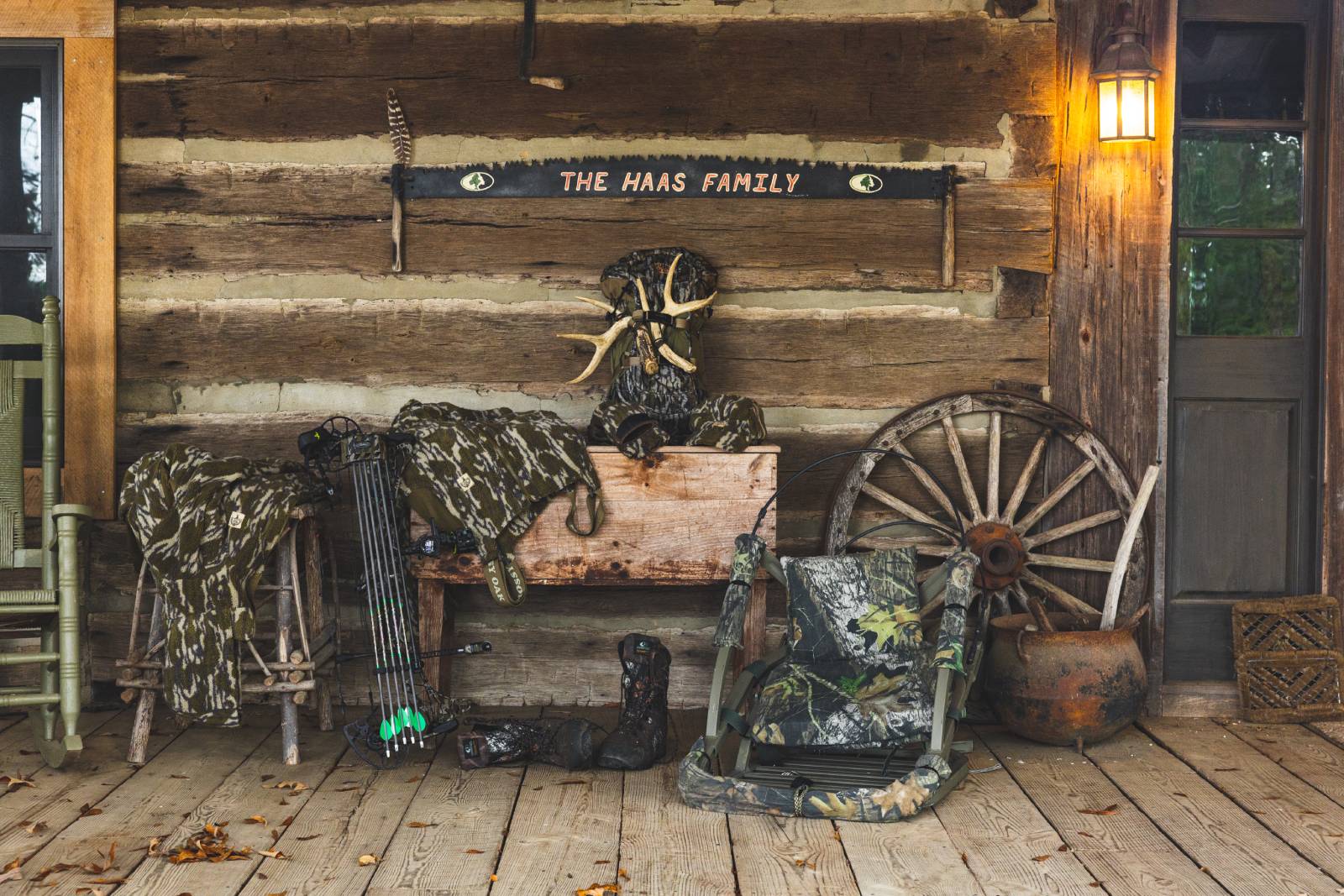
Deer camp has always been about more than just filling tags. It’s about reconnecting with God, nature, old friends, and ourselves. It’s a place where we laugh, have fun, smell breakfast drifting from the cook shack before dawn, and where the same jokes are told year after year, each one drawing more laughter than the last.
An annual deer camp can also serve as a place of mentorship. Many young hunters take their first steps into the woods from the safety of deer camp, learning how to hunt from fathers, uncles, and friends who’ve spent years enjoying the thrill of November whitetails. Around the fire at hunting camp, we learned lessons about patience, respect, and ethics that are passed down, ensuring the next generation of hunters carries on the same traditions with pride.
Preserving the Tradition
In today’s fast paced world, where the word relax does not fit into our daily vocabulary, an annual deer camp can provide something rare, a pause button. Memories and traditions often take hunters back to a simpler time, a kind of uniqueness that can’t be found on a TV screen, computer, or in the rush of everyday life. For many hunters, it’s a reminder that while gear, technology, and even the tactics we now use to hunt may change, the true meaning behind deer hunting has never been about the equipment or even the kill; it’s all about the memories we make with the people we care about.
As we hear the campfire crackle or smell the smoke from around our favorite camp, another November day fades into the timber, and deer camp stands as a symbol of what hunting has always meant. Family, friendship, and the enduring bond between people and the land. Whether it’s a weathered cabin that’s seen a hundred seasons or a simple tent pitched in the pines, deer camp remains one of the most sacred traditions in the outdoors.

